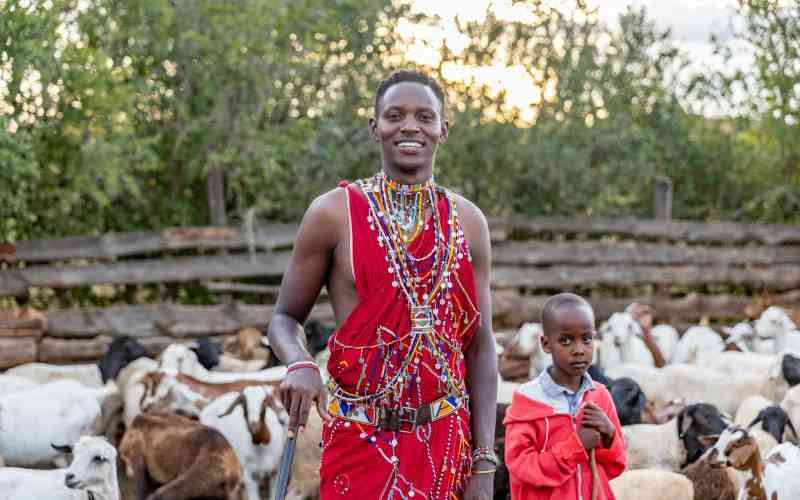×
The Standard e-Paper
Stay Informed, Even Offline

Just like any other young Maasai man, 23-year-old Richard Turere is tasked with protecting his family's cattle.
Having been brought up in Kitengela, near the southern side of Nairobi National Park, it is normal to have encounters with wild animals straying from the park.